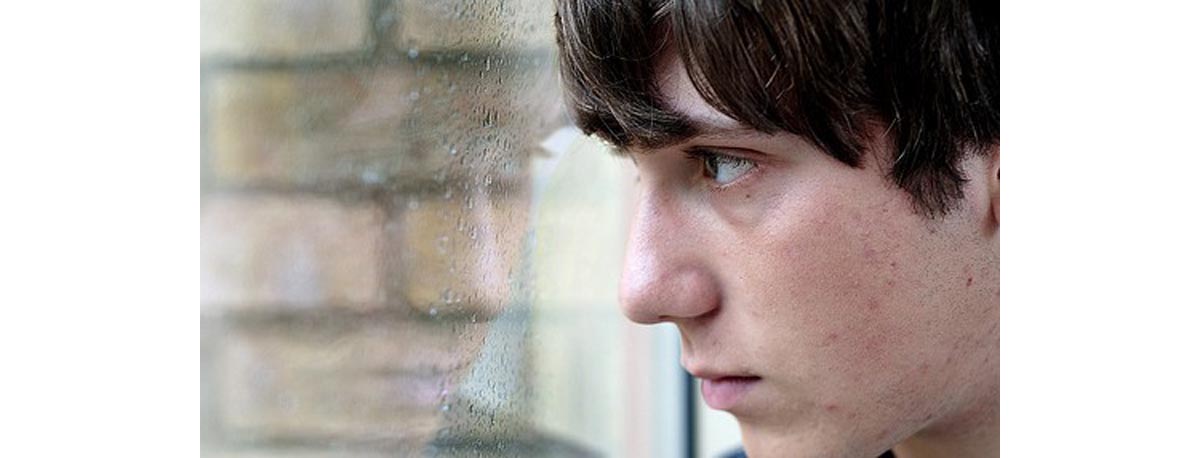Table of Contents
Depression is both the most common and least treated form of mental illness in most parts of the world. Often presenting themselves as an uncomfortable combination of fatigue, headache, abdominal tension, weight gain, or "the blahs," depression symptoms can occur any time of the year in about 9 percent of both men and women.

Of the 9 percent of people who deal with depression, about a third of those suffer from a condition known as "major depression", or "major depressive disorder", requiring medical intervention. But if you are dealing with mild, transient depression, non-medical interventions may help you feel better.
How Can You Tell If You Need to See a Doctor for Depression?
Major depression is a serious illness. If you are generally feeling low, and you experience one or more of these additional symptoms, you may be experiencing major depression. A diagnosis of major depression requires anhedonia, which is diminished interest in almost all life activities, plus:
- Significant weight change (or, in children, failure to achieve weight gains expected for their age),
- Difficulties making decisions,
- Sleep disturbances,
- Indecisiveness,
- Jumpiness, or, alternatively, sluggishness,
- Feelings of worthlessness,
- Recurrent thoughts of suicide, a specific plan for suicide, or simply recurrent thoughts or fantasies about dying.
If you do not have a diagnosis of life-threatening illness, and you frequently think about death, you probably suffer major depression. If you have plans for suicide, you probably suffer major depression and you need immediate medical intervention. But if you have suffered a recent loss of a family member or a loved one, or your symptoms were triggered by a medication, then other kinds of support, such as help from friends or changes in medication, may be more appropriate.
Don't Mix and Match
If you are not suffering from major depression, then many of the natural remedies for depression are just as likely to work as modern medications. The important thing to remember is not to mix and match prescription medications with natural remedies. In treating depression, it is possible to get too much of a good thing. An excessively strong effect is not the only thing to worry about, either, as natural and pharmacological depression treatments can have adverse interactions.
This is particularly true of the herbal antidepressant St. John's wort. Taking at least 900 mg of hypericin per day will lift mild to moderate depression more often than not. Combining the herb with prescription antidepressants, however, may cause a shift from depression to mania, which is at least as debilitating as a depressive illness. This detrimental combination effect is also a potential problem when combining selective serotonin reuptake inhibitors (SSRIs) and blue light therapy.
- Eisendrath S, Chartier M, McLane M. Adapting Mindfulness-Based Cognitive Therapy for Treatment-Resistant Depression: A Clinical Case Study. Cogn Behav Pract. 2011 Aug.18(3):362-370
- Riley D. Hatha yoga and the treatment of illness. Altern Ther Health Med. 2004.10(2):20–21
- Photo courtesy of ebb on Flickr: www.flickr.com/photos/ebb9/47962924
- Photo courtesy of spookman01 on Flickr: www.flickr.com/photos/spookman01/7416331716


Your thoughts on this